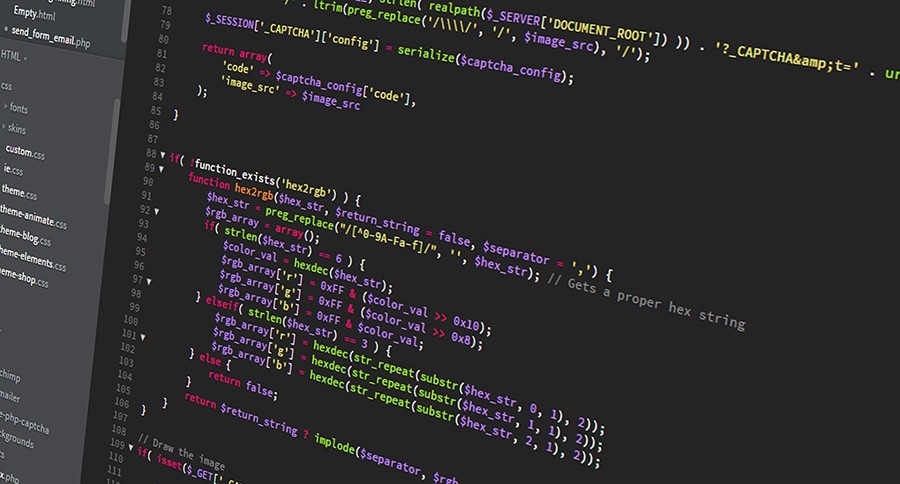What comes up to mind if I ask you to think of the most repetitive tasks that you must go through for your research? If you are like me, you’re probably thinking about data collection and analysis. What if I told you that I know a way to cast loose these tedious tasks without jeopardizing your research? Would you believe me? It will definitively free up your time, which you can reinvest in doing actual research instead of annoying work. If this idea sounds attractive, I strongly recommend you delve into automation.
So, what is automation?
It can be described as the conversion of a real-life task into a set of computer instructions. These directives are then used to perform the said task with minimal human interaction. You can automate a process by outlining its underlying physical process, dividing it in a set of ordered definite tasks and coding these tasks into a computer program. When all that's done, you run the program, wait a few seconds and voilà!
The case study example
Let’s exemplify a possible application of automation via a fictitious situation in which you're a researcher conducting a study. In this experiment, the participants must first fill a survey, then undergo an interview with you. If you complete this study using the classical protracted methods, you would have to spend lots of time doing grunt work. These methods would use hard copy surveys and require that you and the participant fill them. Once you get the results separately, you compile them with tens to hundreds of additional entries. Then, you organize the data by scouring through the pages of every form and retrieving the relevant information. And ultimately, you analyze the set of data and draw conclusions from it.
The classical methods are tedious and as you can imagine require a lot of time. Not only that but they have many flaws that can be corrected by automation. It is well known that a wide range of external and internal factors can strongly influence man-work. Researchers must account for participant biases, which could influence a study's outcome. Error rates can be especially high when numerous intricate questions, like the following, are used: “If No, then skip to Question X”. These questions increase the chances that participants will waste time answering irrelevant questions. Not only that but they will also increase the time wasted by the researcher cleaning the data. An effective solution is to use a software to only display questions that are relevant to the participant.
Same task infinitely repeated without a single mistake
Now, imagine you collected and compiled a massive volume of data at the end of this study. It can potentially be hundreds if not thousands of inputs that need to be analyzed impartially and efficiently. This is where the beauty of automation lies. It acquires by volumes, processes the information and yields refined analyses from which the researcher can draw conclusions. Mass data can be processed through various algorithms built by the researcher to answer pertinent questions.
It’s important to note that machines have greater memory and higher computational power than the human brain. In fact, computers can repeat the same task infinitely without making a single mistake. In that sense, the task will be completed for you, exactly as instructed and without your intervention.
Progress in sciences can only go as fast as humans can produce results. And outsourcing to computers can change that. The process underlying research is algorithmic at the root and has the potential for automation. Today's data crisis requires the scientist to consider and organize loads of information. Only last year, more than a million research papers were published. These add up to a pool of about 30 million additional papers only in the biomedical sciences. Without automation, research would be impossible for today's scientist. So, don't fall behind and pick up a programming language (start with Python or R) to speed up your research.
That's what I did, and things are looking good!



